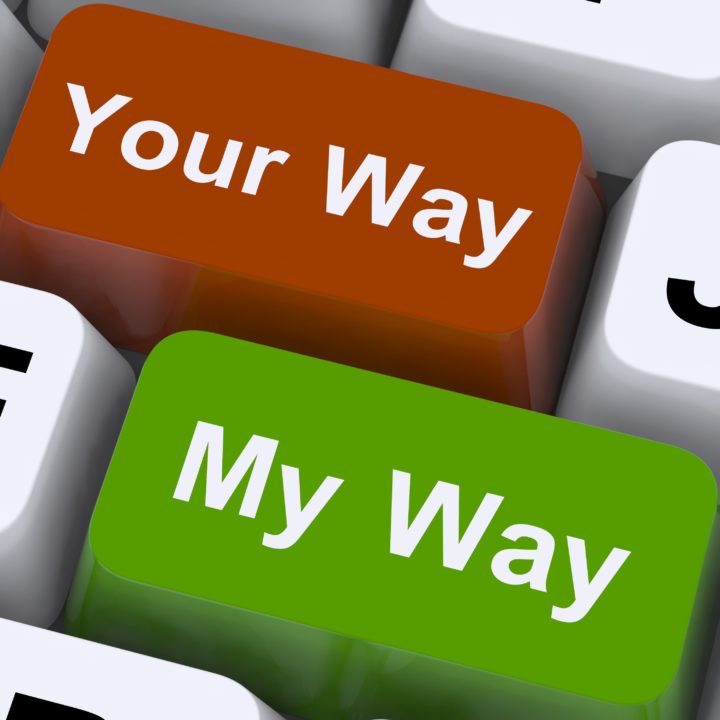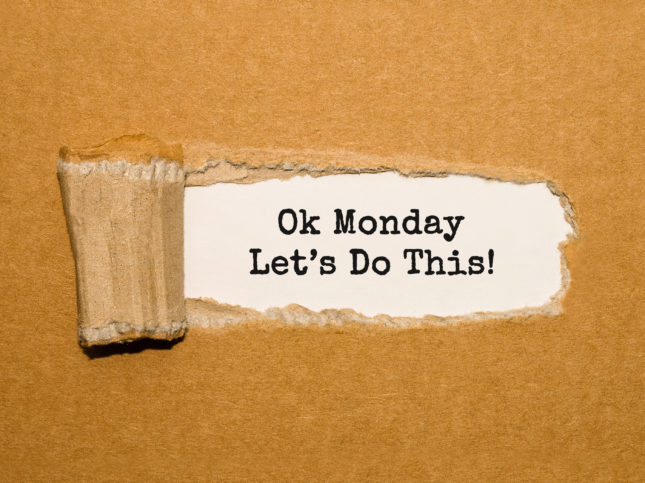Dare to Disagree – But Be Smart About It
Podcast: Play in new window | Download
“If we are all in agreement on the decision – then I propose we postpone further discussion of this matter until our next meeting to give ourselves time to develop disagreement and perhaps gain some understanding of what the decision is all about.” Alfred P. Sloan
In recent podcasts, I’ve stressed the value of going along with your conversational partner in order to achieve an agreeable, smooth flow. But in this podcast, I am going to take the opposite side of that argument—to disagree with myself, essentially.
That’s because disagreements are not only inevitable but can be extremely valuable to produce best thinking and results. Unfortunately, most people are uncomfortable with it. As Margaret Heffernan says, 85% of executives admitted that they had issues at work that they were afraid to raise.
So, there are clearly advantages to daring to disagree—but you can also be smart about it. In this podcasts I explain the risks of being too agreeable, the benefits of challenging others’ thinking, and some approaches to use to ensure that you can be constructive in your disagreement while preserving relationships as well.
Risks of the “accepting” approach
- Taking a bad idea too far
- Leaving important things unsaid
- Focusing too much on “being nice” can distract from thinking about the issue
- Lack of clarity
Benefits of constructive disagreement
- More clarity and less risk of misunderstanding
- Speaking up may encourage others to do the same
- Great way to pressure-test your ideas and conviction
- Encourage diversity of thought
How to engage in constructive disagreement
- Don’t make it personal
- Keep the big picture in mind
- Have an open mind and be open to persuasion
- Use your imagination to find a third way that satisfies both parties
In the end, honest disagreement can be one of the highest signs of respect that you can offer to someone, because it treats them as an intelligent person who is willing to listen to reason and cares for a greater good than pure self-interest.
If you disagree with anything Isay in this podcast, please pay me the respect of letting me know.
See also: When Is It Your Duty to Disagree?




